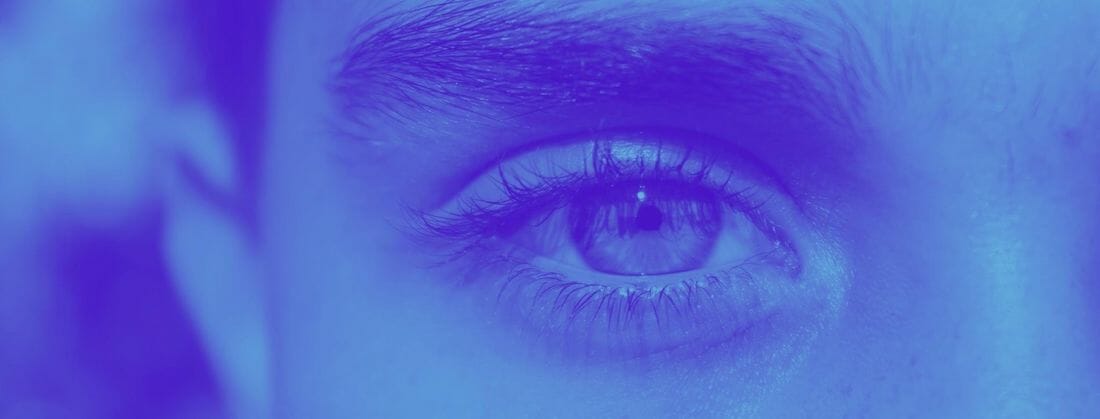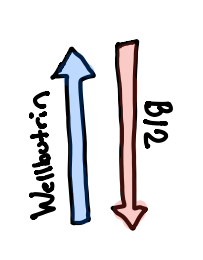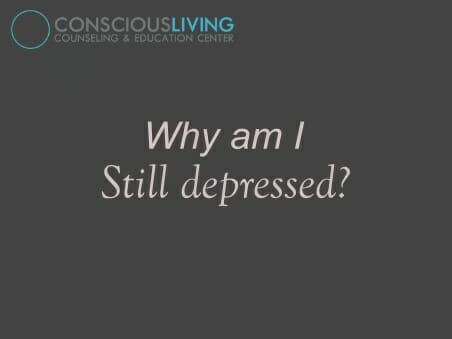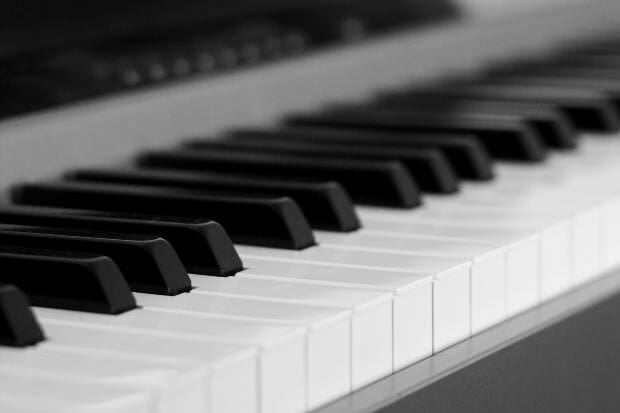
What’s EMDR?
May 2, 2017
Is your anti-anxiety medication depleting essential nutrients?
February 1, 2018Chronic Depression Isn’t Common

Why am I still depressed?
It’s helpful to think of depression more as a symptom-state than a disorder, because multiple changes have to unfold in a person’s body for “depression” to occur. In other words, it takes a stack of changes for mental functioning to decline.
The stack of changes can vary leading to different sub-types of depression. Your type of depression will indicate the best course of treatment, and this is why the one-answer approach to depression leads to incomplete treatment.
Certain types of depression respond well to medications rather than counseling therapy. On the flip side, some types of depression generally respond better to therapy than medication. Depression, a blanket term referring to one state, can be a deep forest with multiple paths. If you take the wrong path, you may not find a full recovery from depression.
The simplest form of depression (if we remove all the individual contributing factors and medical triggers for depression), is a state that occurs when a person experiences a threat to her or his survival. Depression triggers like a defense mechanism that kicks in when our sense of threat is very high and our ability to resolve the problem is lacking. This can happen from abuse, trauma, overstressed, shame, poverty, grief, social problems, status loss, unmet expectations, illness, or other prompts that we seem unable to navigate.
In order to guard the core self, depression, like an automatic defense response, can psychologically wall off the attacks. When a person is experiencing this type of depression, the originating emotional experiences are driving the depression. Healing comes from the dissolution of the threat(s), improved life skills, and a shift in being. The goal is to attach to life and thrive again.
Treatment for a non-medical sub-type of depression is usually unsuccessful if other specific presenting concerns are not addressed. Recovery-blocking conditions are active addiction, undiagnosed OCD, an undiagnosed medical condition, undiagnosed bipolar, or untreated trauma, or stress-adrenal fatigue.
It is important to know that ongoing, unshifting depression is uncommon. There typically is a reason for stuck depression. It is essential to address these aspects or counseling therapy will not result in full recovery.
In more complicated sub-types of depression, we want to consider medical reasons for depression. Anything that impacts the brain or crosses the blood-brain barrier can trigger depression. This includes prescribed medications, metabolic problems, nutritional deficiencies, endocrine imbalance, hormone imbalance, neurological problems, many common medical conditions, inflammation, viruses, toxins, and head trauma. In many situations, addressing the medical condition will resolve the depression symptoms, or a plan needs to be in place to support mood if the medical concern cannot be healed or corrected.
Again, depression is a non-specific state with multiple causalities with emotional, energetic, neurological, medical or a reactive neurophysiological state.
In many situations, treatment will be a simple course of counseling treatment. In more complex situations, the assessment may include a medical check-up, lab work, medication treatment, or a neuropsychological assessment to address more serious concerns. The treatment plan will need to reflect multiple contributing factors that are stacking up and causing the brain to not function optimally.
Remember, chronic depression is atypical and usually is an indicator that an essential aspect of your recovery has not been identified and addressed. Keep fighting for an answer.


